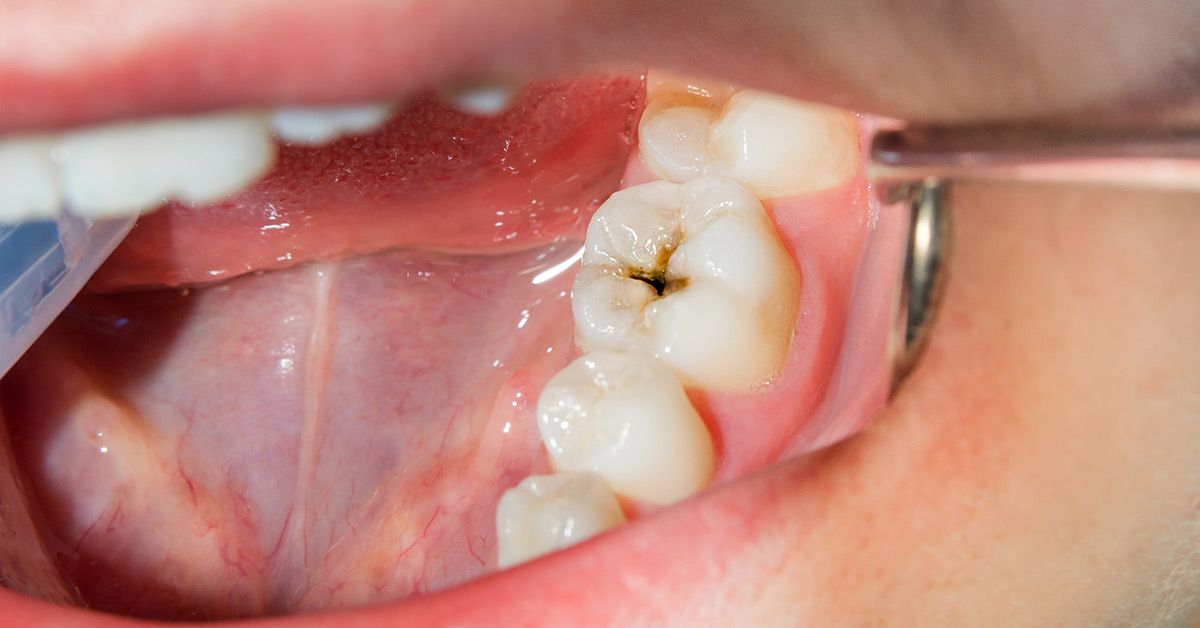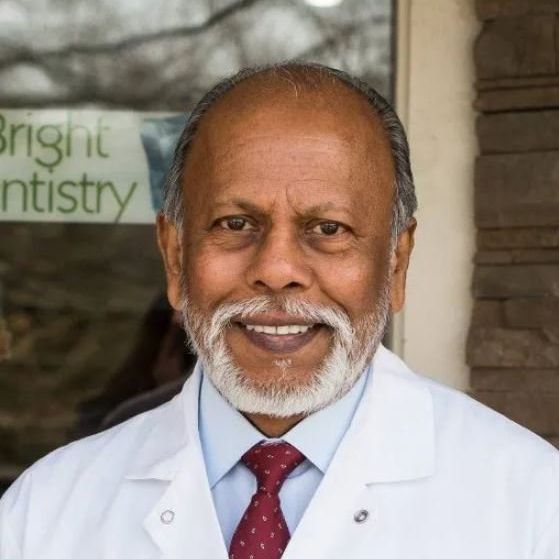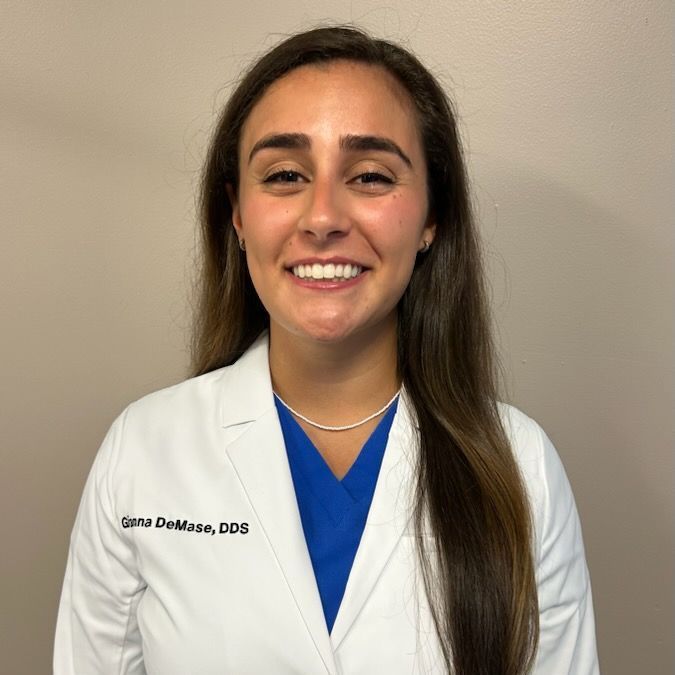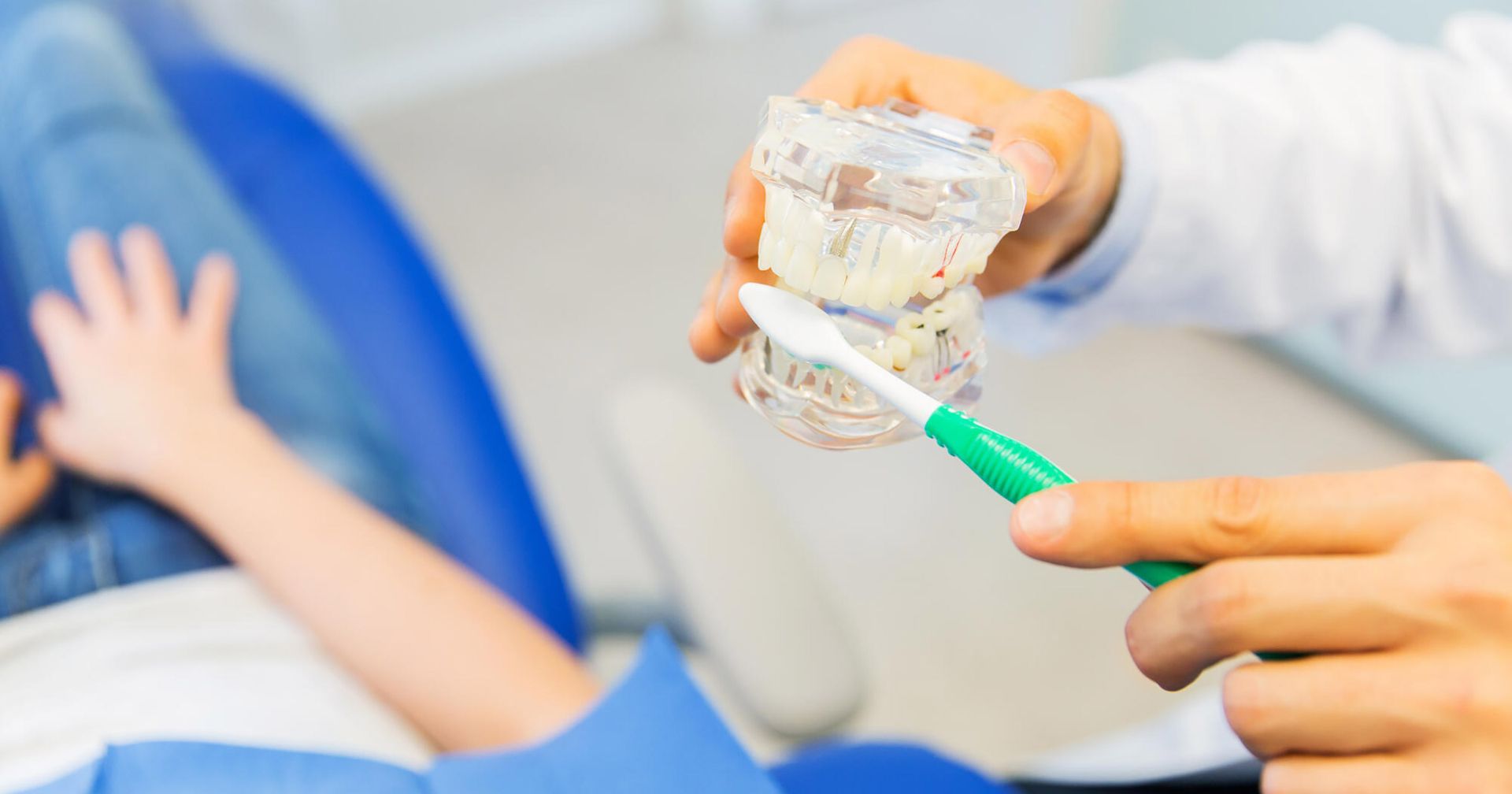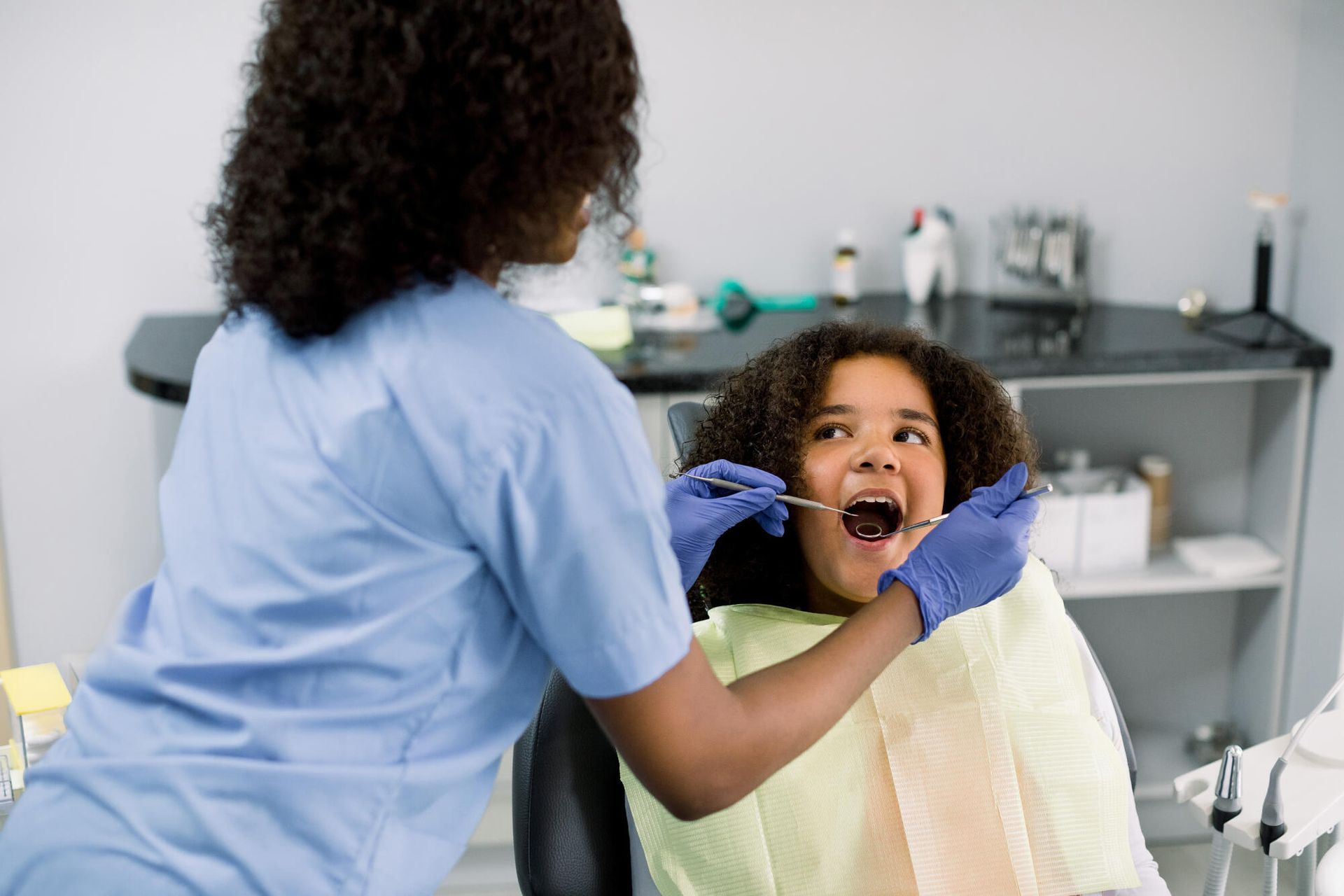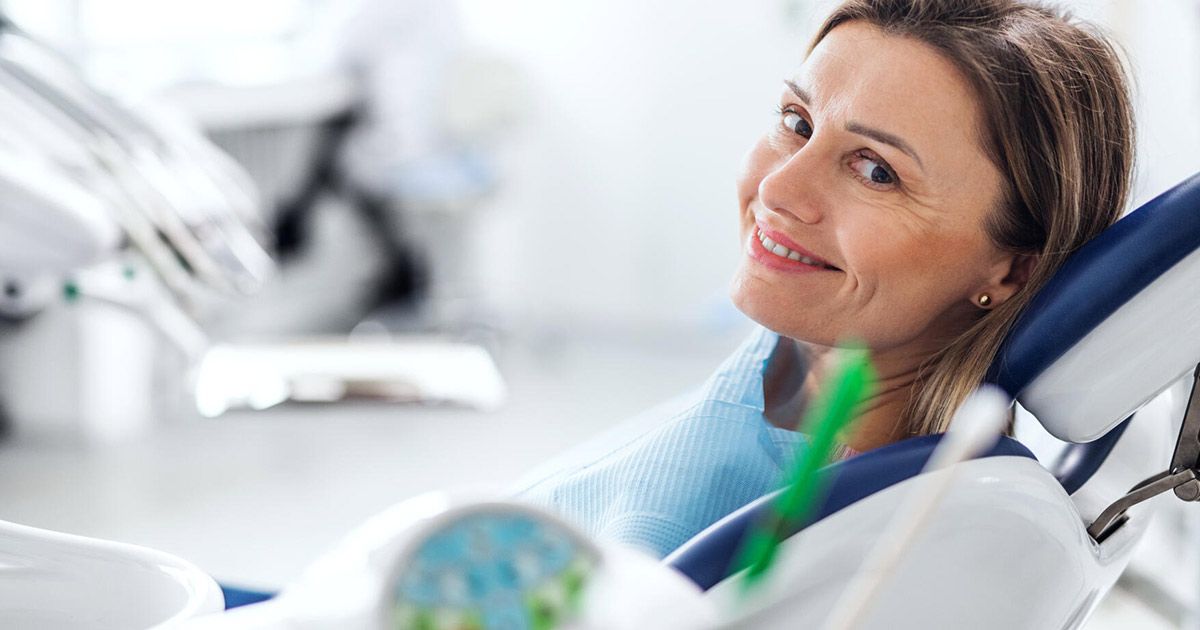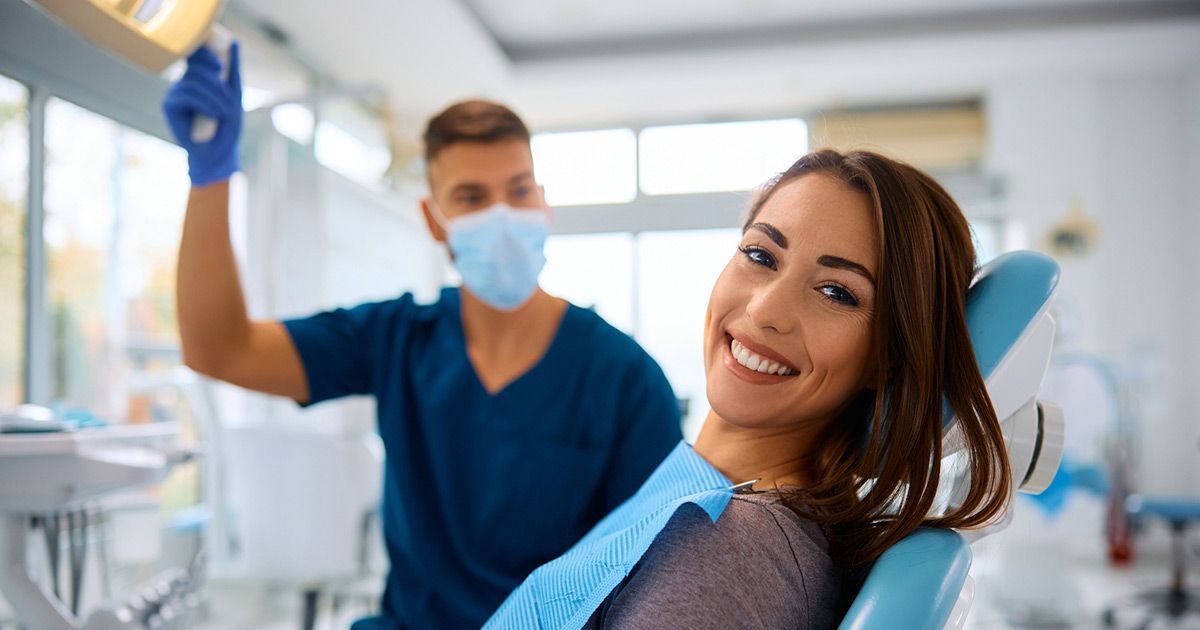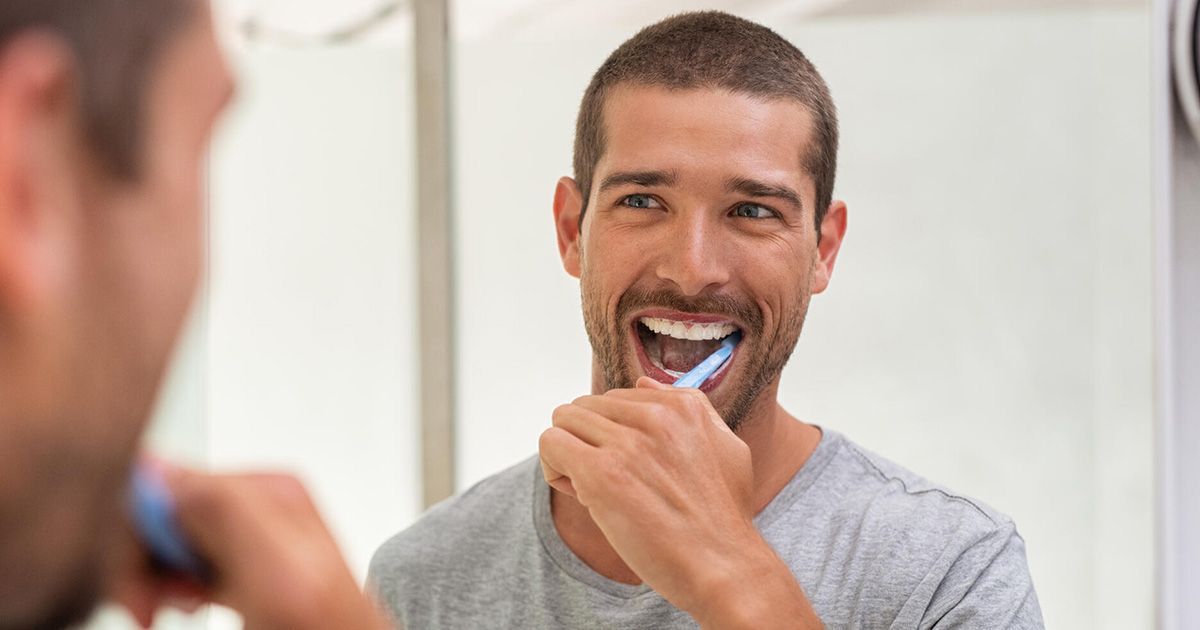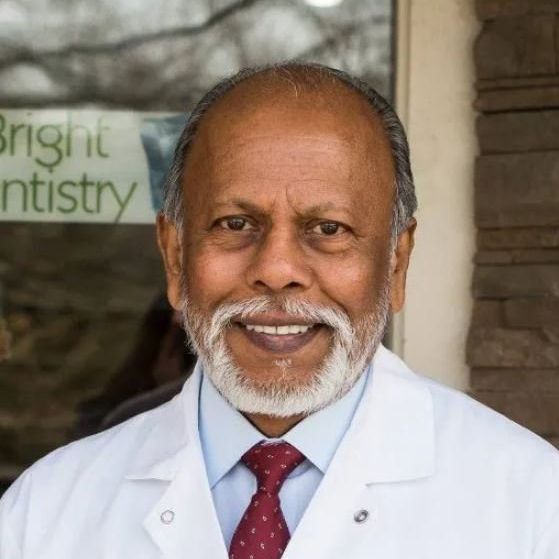A Simple Guide on How to Prevent Cavities
If you're struggling with pains in your teeth and want to learn how to prevent cavities, here's a simple and easy guide to help you.
Did you know that 92% of adult Americans have had a cavity? So if you're suffering from cavities don't worry, you're not alone. Cavities are permanent damage to our permanent teeth and can be a painful experience.
In order to help you keep your mouth healthy, we have compiled some facts on how cavities are formed, the conditions in which they thrive, and some key tips on how to prevent cavities from getting worse.
With discipline and a few tweaks to your daily habits, you'll find that preventing cavities isn't so difficult. Plus, losing teeth as an adult isn't nearly as fun as it was when we were kids, so it's in your best interest to learn how to prevent cavities.
So read on to learn some of the best ways to keep your mouth cavity-free.
How Are Cavities Formed?
When learning how to prevent cavities, it's helpful to know what a cavity is and how it develops. Cavities are a form of tooth decay and are permanently damaged areas on the surface of your teeth. Over time they can develop into tiny holes in your tooth.
Cavities are formed by a buildup of bacteria on your teeth. The bacteria accumulation can stem from several different factors including, eating too much sugary food, frequent snacking, sipping sugar-filled beverages, and improper teeth cleaning.
If left untreated a small cavity can grow to affect the inner layers of your tooth. This can cause severe tooth pain, infection, and even tooth loss.
Brush Teeth Regularly
One of the best defenses you have against cavities is a regular brushing regimen. You should brush your teeth at least twice daily. Once in the morning and once before bed, with an emphasis on nighttime brushing.
If using a manual toothbrush, brush your teeth in small circular motions as opposed to a sawing motion. Use light pressure and hit the front, back, and tops of your teeth. Don't neglect the gum line either.
A high-quality electric toothbrush does a good job on its own. Most of them have a two-minute timer built-in. You should change your toothbrush or brush head frequently or when the bristles show signs of wear.
Fluoride Toothpaste
An important component of healthy teeth-brushing is your toothpaste. Use high-quality toothpaste and check to make sure that it contains fluoride. Our bodies cannot naturally produce fluoride, though it is found to be a necessary protector of our teeth.
Some toothpaste is formulated for cavity prevention. If you have had many cavities in the past, or feel you are more susceptible to getting cavities, you should try one of these toothpaste brands.
Floss Daily
Does flossing prevent cavities? Yes. In conjunction with brushing, flossing is one of the best tools you have for cavity prevention. You should floss at least once a day, ideally at night before you go to bed.
Dental floss reaches in between teeth where a toothbrush does not have access. It removes lodged food particles and bacteria that cause cavities.
If you don't like to floss because it makes your gums bleed, we have bad news for you. Bleeding gums while flossing is a
sign of gingivitis, which if left untreated can lead to cavities or worse. Start flossing regularly and after a week or so the bleeding should stop and the gingivitis will begin to heal.
Stop Snacking
You probably never wanted to hear these words but frequent snacking contributes to cavity growth. Snacking during the day leaves food particles stuck in your mouth and between your teeth. They sit there all day growing bacteria until you eventually brush your teeth at night.
Unless you carry a mini toothbrush around with you to clean your teeth after a snack session, try to cut back. If you must snack, opt for fresh vegetables or fruits instead of sugary treats. Vegetables will stimulate saliva production which will aid in cleaning your mouth.
Avoid Sugary Food and Drinks
This one is probably hard for some people to hear, too, but sugar is the biggest culprit in cavity formation. It's best to avoid it altogether, especially if you're wondering how to prevent cavities from getting worse.
Sugar is a favorite food of the bacteria that destroys your teeth. So consuming excess amounts of sugar gives the bacteria plenty of fuel to grow and wreak havoc in your mouth.
The biggest offenders in this department are sugary beverages. Sweetened coffee, tea, sodas, sports drinks, and fruit juice from concentrate. If you find yourself sipping these throughout the day you should say goodbye to that habit. The prolonged exposure and re-exposure to sugar through sipping keeps your teeth coated with sugar. Bacteria's dream comes true!
If you're going to consume a sweet treat or a sugary beverage from time to time that's fine, but make sure you brush your teeth immediately after.
See Your Dentist Regularly
One of the best ways to prevent cavities is to see your dentist regularly. You should schedule a cleaning to see your hygienist twice a year. Your dentist has specialized tools to remove the build-up of plaque, essentially fortified bacteria, which will reduce the likelihood of cavities.
Your dentist will also check your teeth for cavity formation every six months. They'll catch any signs of cavities early and repair them to prevent them from getting worse.
How to Prevent Cavities
The best way to prevent cavities is by forming good, healthy habits for your mouth. Good oral hygiene is one necessary component, so make sure you brush your teeth and floss regularly. In order to prevent cavities, you may need to make some changes to your diet as well. Forego the sugar-laden snacks and beverages and opt for fresh fruit, vegetables, plain water, and unsweetened drinks.
If you do consume sugar, clean your teeth as soon as possible. And if you're looking for more ways on how to prevent cavities,
give us a call today and we'd be happy to chat!
Dr. Rohit Z Patel
D.D.S
After graduating at the top of his class, Dr. Patel continued his postgraduate studies in endodontics at Columbia University College of Dental Medicine in New York. He was appointed to assistant clinical professor of dentistry at Columbia University and later moved on to teach at the Montefiore Medical Center’s Department of Dentistry. Westchester Magazine recognized Dr. Patel as a “Top Dentist for 2012.”
Dr. Yung Kim
D.D.S
Dr. Yung Kim is a double board certified Periodontist and board certified Prosthodontist, educated to treat many extremely complex disorders involving gum disease, tooth decay, and oral pathology. His focus is on full-mouth, complex, surgical, and reconstructive dentistry. He has extensive knowledge of implant dentistry and advanced surgical procedures, specializing in teeth in a day and All-on-Four implants. He is also Invisalign certified and experienced with CAD/CAM restorations and dentures.
Dr.Santvana Vyas
D.D.S
Dr Vyas attended NYU College of Dentistry and earned DDS in 2016 at the top of her class. She was inducted into Omicron Kappa Upsilon (OKU), the national dental honor society and earned Outstanding Achievement Award in study of Prosthodontics.
Dr Vyas is an active member of American College of Prosthodontics (ACP) and American Dental Association (ADA). She is appointed as a Clinical Assistant Professor at NYU College of Dentistry. She is married and is blessed with two sons.
Dr. Gianna DeMase
D.D.S
Dr. DeMase received her undergraduate degree from Binghamton University where she double-majored in Biology and Spanish. She then earned her Doctor of Dental Surgery from New York University College of Dentistry where she graduated with honors in periodontics. After dental school, Dr. DeMase completed a General Practice Residency at Jacobi Medical Center, a level one trauma hospital. Here, she participated in community outreach in the women’s health clinic and taught medical students how to do oral exams. She also worked with special needs patients in Jacobi’s Rose F. Kennedy Center. Dr. DeMase remains committed to being active in the community.
Read More
Dr. DeMase has experience in cavity restoration, endodontics, oral surgery, oral pathology, and prosthodontics including implant restorations.
She highly values patient education and always ensures your comfort and understanding of the treatment. She strongly believes in patient centered care and therefore tailors each treatment plan to you and your needs. As a member of the American Dental Association, Dr. DeMase is always aware of the latest studies and developments in the dental field and strives to apply them to her practice. In her spare time, she can usually be found with a book in her hands.


